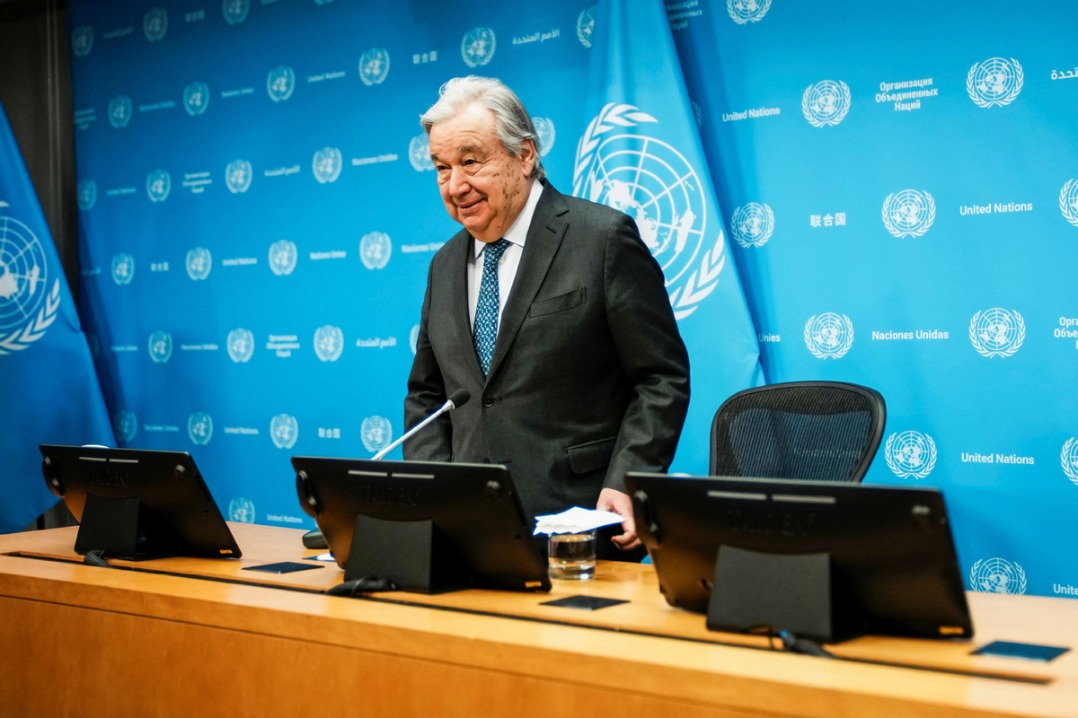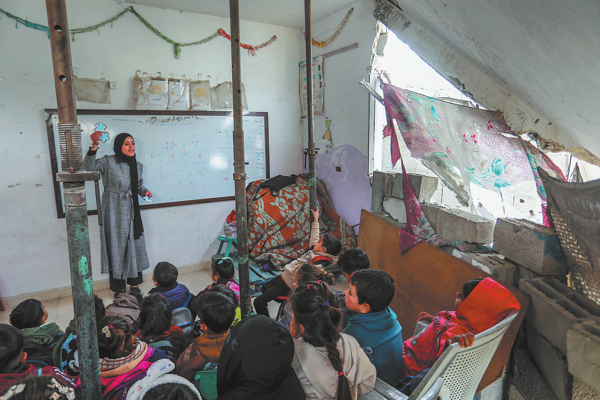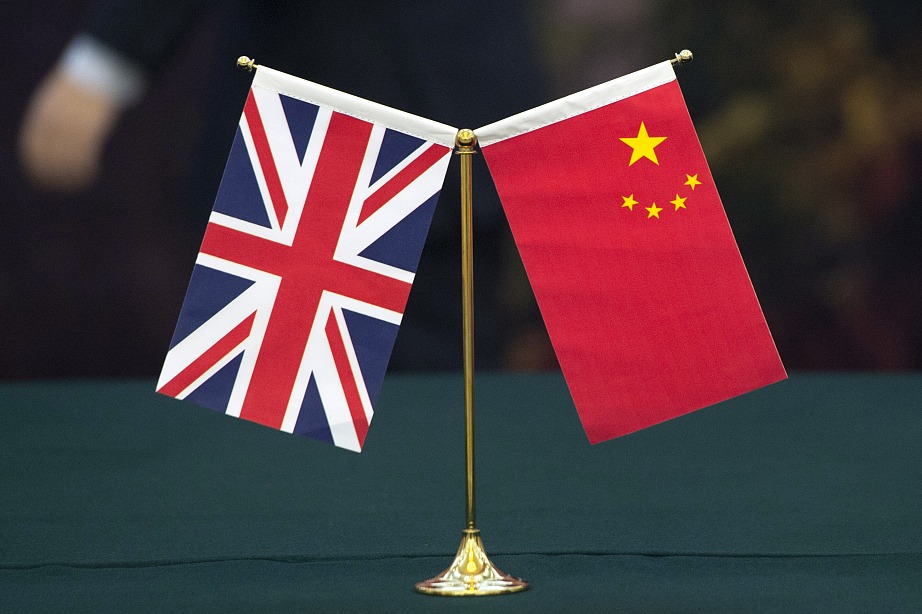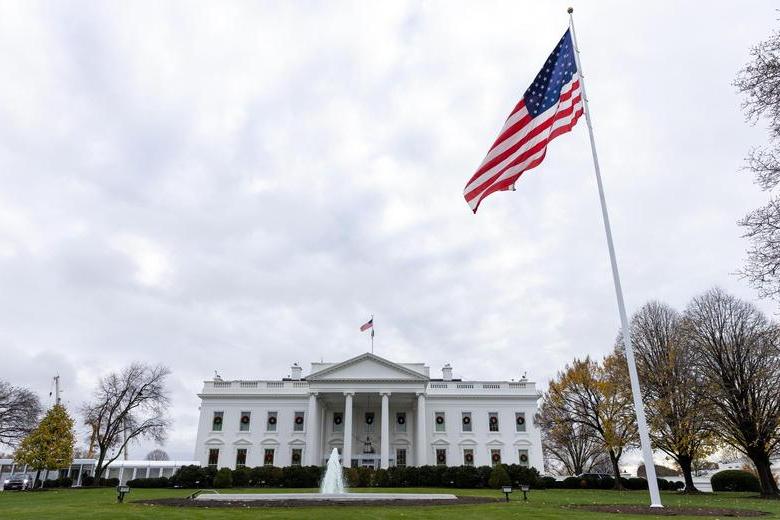UK govt urged to act fast to avoid winter COVID-19 crisis


State refuses to intervene regardless of backlog pushing health system to limit
Senior figures in the National Health Service have warned that some COVID-19 restrictions need to be reintroduced as a matter of urgency or England risks "stumbling into a winter crisis".
The health service is run separately in the constituent parts of the United Kingdom, but across the UK as a whole, novel coronavirus infection levels remain alarmingly high.
Tuesday's daily death toll was 223,the highest daily figure since March,and there have been more than 40,000 cases reported for seven days in a row, with a 10 percent weekly rise in the number of patients being treated in hospital.
The NHS Confederation, the umbrella group that speaks for the various organizations involved in the overall healthcare system,says the back-up strategy known as Plan B, which includes mandatory face coverings in enclosed areas,and more encouragement for people to work from home, should be implemented.
"The overwhelming evidence is that we do need to act," Matthew Taylor, confederation chief executive, told Sky News.
His comments come after NHS England's chief executive Amanda Pritchard told a Parliamentary committee that the knock-on effects of treating novel coronavirus patients meant hospitals were struggling for capacity, and other services were being put at risk.
"If we've got COVID patients in our beds then obviously that has an impact on how many elective patients can be in those same beds… we just need to recognize that we are in for a difficult winter," she said.
Data seen by the Daily Telegraph has shown the impact that the backlog of patients needing treatment is having on the ability to supply people with a booster jab.
As many as two-thirds of care home residents are reported to still be waiting for their boosters, with some doctors having stopped vaccinations to focus on clearing the backlog of other people needing treatment.
The government has set a deadline of Nov 1 for all staff and residents in care homes to have had their third shot, but so far just 27.8 percent of residents and 14.1 percent of staff have been treated.
However, it appears that the government does not want to intervene by introducing Plan B, with Business Secretary Kwasi Kwarteng saying now is not the time, because he did not want to put at risk "hard-won gains" made by the reopening of the economy, and he said greater uptake of booster jabs could help address the problem.
"I don't want to inject any hint of complacency, but I think so far our approach is working," he added.
"I think the conversation about restrictions on travel, restrictions on more lockdowns is completely unhelpful."
When asked on Sky News if travel restrictions could be reimposed, he said: "No, I don't think so."
Taylor said that the point of pre-emptive action was that it would mean such measures were not necessary.
"If we can do those things which are inconvenient but allow life to go on then we may not have to do things which will have a bigger impact," he explained.
In Northern Ireland, face coverings remain a legal requirement in crowded indoor areas, and in Scotland face masks are still worn in schools, and so-called vaccine passports are needed for entry to nightclubs.
Wales has also set out its winter plans, which First Minister Mark Drakeford said should mean Christmas this year would be more normal.
Adam Finn, who is a member of the government advisory Joint Committee of Vaccination and Immunisation, told BBC Breakfast there was a danger of the "bad old days of being asked to stay at home"coming back.
"It really is time people realize we can't just go back to normal," he said.
Simple steps, however, could make a big positive difference.
"We can stop that if we go about our normal lives by wearing masks,taking lateral fl ow (tests)," he added.

































